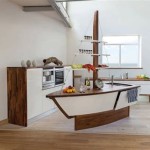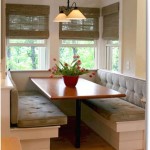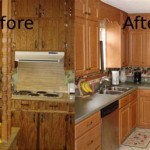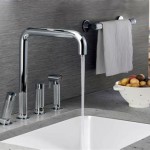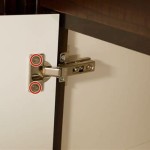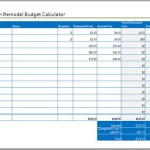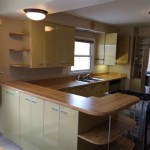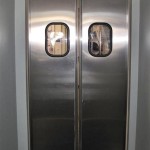Engineered Wood Flooring in the Kitchen: Pros and Cons
Engineered wood flooring offers a unique combination of beauty, durability, and practicality for kitchen environments. But before making a decision, it's crucial to weigh the pros and cons carefully to determine if it's the right choice for your kitchen.
Pros:
Aesthetics and Warmth: Engineered wood flooring mimics the look and feel of natural hardwood, providing a sophisticated and inviting ambiance to your kitchen. Its rich texture and natural grains add warmth and character to the space.
Durability: Engineered wood is highly durable, making it withstand the rigors of a busy kitchen. Its multi-layer construction provides stability and resistance to moisture, wear, and scratches, ensuring long-lasting performance.
Water Resistance: Unlike solid hardwood, engineered wood has a protective surface layer that enhances its water resistance. It can handle occasional spills and splashes without buckling or warping, making it suitable for kitchens with high moisture levels.
Easy Installation: Engineered wood flooring is generally easier to install than solid hardwood. Its tongue-and-groove design allows for floating or gluing installation, which can save time and labor costs.
Variety of Styles: Engineered wood offers a wide range of styles to choose from, including different wood species, finishes, and textures. This versatility allows you to match any kitchen decor and achieve the desired aesthetic.
Cons:
Higher Cost: Engineered wood flooring tends to be more expensive than other flooring options, such as vinyl or laminate. However, its long-term durability and aesthetic appeal may offset the initial investment.
Limited Refinishing Options: Unlike solid hardwood, engineered wood has a thin top layer that can only be refinished a few times. This may limit its lifespan compared to solid hardwood, which can be refinished multiple times.
Moisture Vulnerability: Although engineered wood is water-resistant, it's not waterproof. Extended exposure to water or standing liquids can still damage the flooring. Prompt cleanup is essential to prevent any issues.
Potential for Denting: Engineered wood is less dent-resistant than solid hardwood. Heavy furniture or sharp objects can leave dents on the surface if not handled carefully.
Conclusion:
Whether engineered wood flooring is the ideal choice for your kitchen depends on your specific needs and preferences. If you seek a durable, aesthetically pleasing, and water-resistant flooring solution, engineered wood is an excellent option. However, if your budget is tight or you desire unlimited refinishing options, you may want to consider alternative flooring materials.
It's always recommended to consult with a flooring professional to discuss your kitchen's specific requirements and explore all available options thoroughly before making a decision.

Engineered Wood Floors In Kitchen Pros And Cons Beyond Blog

Pros Cons Of Hardwood Floors In A Portland Kitchen

Engineered Wood Flooring Homeowner Pros Cons

Hardwood Flooring In The Kitchen Pros And Cons Coswick Com

Pros And Cons Of 5 Popular Kitchen Flooring Materials

Engineered Wood Flooring Pros And Cons Forbes Home

Engineered Timber Flooring Pros And Cons Versace Timbers

Pros And Cons Of Using Wood Flooring

Pros Cons Of Hardwood Floors In Your Kitchen Can A Have Wood Flooring

Wood Floors In Kitchen Pros And Cons Beyond Blog
Related Posts

